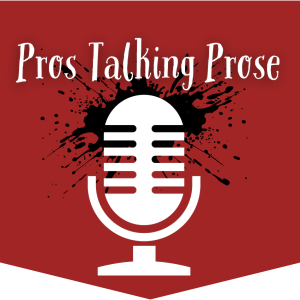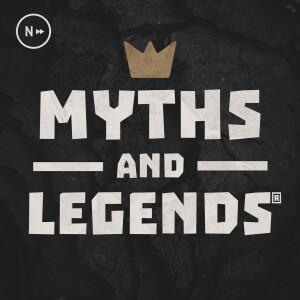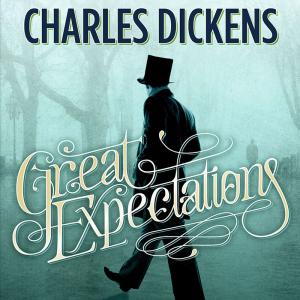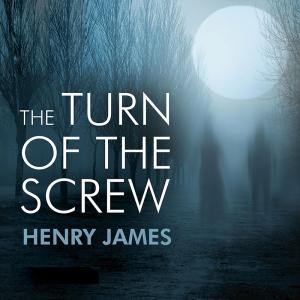

Tired of every protagonist having a tragic backstory, a clinical diagnosis, and a mountain of unresolved childhood trauma? SAME.
In this episode of Pros Talking Prose, Stacey and Troy sit down with licensed therapist and voracious reader Jeanne Anderson to dismantle the overuse of trauma tropes in fiction. We’re talking big T vs. little t trauma, emotional growth without catastrophe, and how to avoid turning your book into a DSM highlight reel.
What real emotional arcs look like
Why “research” means more than scrolling Instagram
How to write psychological depth without clinical crutches
When diagnosis drops and psychobabble kill your character’s vibe
What to do instead (hint: it's all about self-awareness, not suffering)
If you’re an author who wants to write deeper, more resonant characters without turning every arc into a therapy session, this one’s for you.
Plus: We drop book recs, storytelling tips, and even rant about footnotes in fiction (yes, really).
Craft & Writing Books
Story Genius by Lisa Cron
The Story Equation by Susan May Warren
The Emotion Thesaurus by Angela Ackerman & Becca Puglisi
Activate by Angela Ackerman
Verbalize by Angela Ackerman
Psychology, Trauma & Emotional Health
The Body Keeps the Score by Bessel van der Kolk
Grow Yourself Up by Jenny Brown
The Mask of Sanity by Hervey Cleckley
Fiction Examples Referenced
A Prayer for Owen Meany by John Irving
The Invisible Life of Addie LaRue by V.E. Schwab
The People We Keep by Allison Larkin
Cormoran Strike series by Robert Galbraith (J.K. Rowling)
Books by Catherine Steadman (e.g., Something in the Water)
Orphan X series by Gregg Hurwitz
Books by Brad Thor (e.g., Scot Harvath series)
Find us on your favorite podcast platform or watch the full replay on YouTube.
For writing resources and character development help, visit:
PrintToPro.com
ThePlotAbides.com
More Episodes
All Episodes>>Create Your Podcast In Minutes
- Full-featured podcast site
- Unlimited storage and bandwidth
- Comprehensive podcast stats
- Distribute to Apple Podcasts, Spotify, and more
- Make money with your podcast












